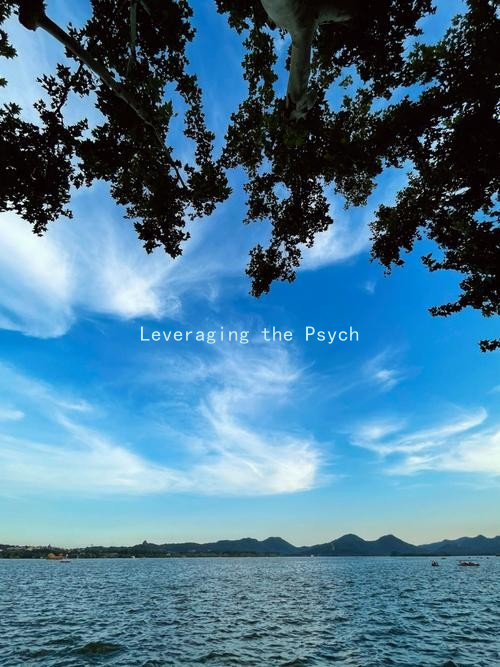Bipolar Disorder in Relationships: What Couples Need to Know for Lasting Love
Bipolar Disorder in Relationships: What Couples Need to Know for Lasting Love
Maintaining a healthy and fulfilling relationship can be a challenge under the best circumstances. However, when one partner has bipolar disorder, the dynamics can become even more complex. Understanding this mental health condition, along with effective communication and support strategies, is crucial for couples who wish to cultivate lasting love. Here are some essential insights and tips for navigating relationships when bipolar disorder is a factor.
Understanding Bipolar Disorder
Bipolar disorder is a mental health condition characterized by extreme mood swings, including emotional highs (mania or hypomania) and lows (depression). These episodes can significantly impact a person’s behavior, thoughts, and relationships. For partners of individuals with bipolar disorder, awareness is key. Educating themselves about the condition can help them understand their partners experiences and behaviors, fostering empathy and open communication.
Establishing Open Communication
Communication is the cornerstone of any strong relationship, but it becomes even more critical when bipolar disorder is involved. Here are some communication strategies that can help:
1. Be Transparent: Encourage your partner to share their feelings and experiences candidly, especially during mood swings. This openness can lead to better mutual understanding.
2. Practice Active Listening: Listen without judgment when your partner talks about their struggles. Validating their feelings can empower them and strengthen your bond.
3. Use I Statements: When discussing sensitive topics, frame your feelings with I statements. For instance, I feel concerned when you stay up late because it feels like youre neglecting your health, rather than placing blame.
4. Create a Safe Space: Ensure that your partner knows they can discuss their feelings without fear of criticism or anger. A supportive environment encourages more honest conversations.
Recognizing Triggers and Early Signs

Understanding triggers for mood swings can help both partners prepare for potential challenges. Common triggers may include stress, lack of sleep, or major life changes. Discussing these in advance and developing strategies to cope with them can reduce unexpected disruptions in the relationship.
Additionally, recognizing the early signs of an impending mood shift can be beneficial. This may include changes in sleeping patterns, irritability, or heightened energy levels. By identifying these signs together, couples can take proactive steps to mitigate the impact of a mood episode.
Seeking Professional Help Together
Encouraging your partner to seek professional help is essential, but it’s also important for both partners to engage in therapy or counseling together. Couples therapy can provide a safe space to address challenges, improve communication skills, and learn more about each others perspectives. It can also help partners develop coping strategies that work best for their unique relationship.
Prioritizing Self-Care
Self-care is vital for both partners in a relationship involving bipolar disorder. The partner with bipolar disorder should prioritize their mental health through therapy, medication, and healthy lifestyle choices. At the same time, the other partner must also engage in self-care practices to manage their own stress and ensure they are emotionally equipped to support their loved one.
Activities like yoga, exercise, meditation, or simply pursuing hobbies can help maintain emotional balance. Additionally, having a support network—friends, family, or support groups—can provide the necessary emotional support for both partners.
Promoting Stability in the Relationship
While navigating bipolar disorder can be challenging, it is entirely possible to cultivate a stable, loving relationship. Establishing routines, finding mutual interests, and spending quality time together can create a sense of normalcy and connection. Celebrate small achievements and cherish moments of joy during stable times, which can fortify the relationship against upcoming challenges.
Conclusion
Love can flourish even in the face of challenges like bipolar disorder when couples commit to understanding, communicating, and supporting each other. By taking proactive steps, seeking help, and prioritizing self-care, partners can build a resilient relationship that withstands the ups and downs of life. With patience, empathy, and teamwork, lasting love is not only possible but can thrive beautifully amidst the complexities of mental health.





